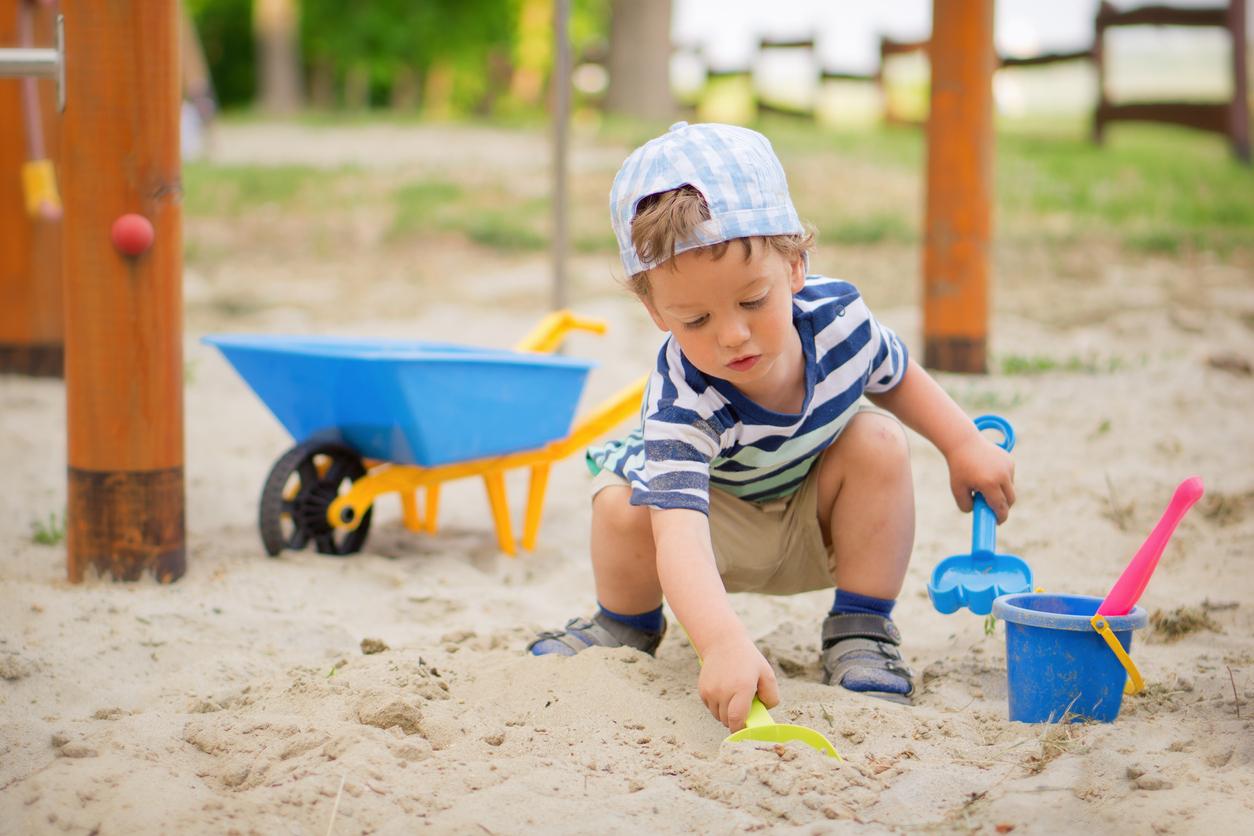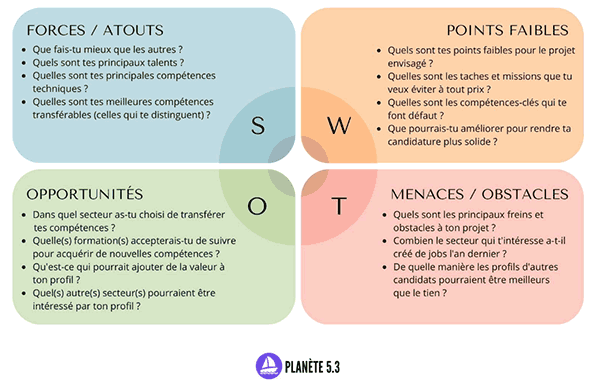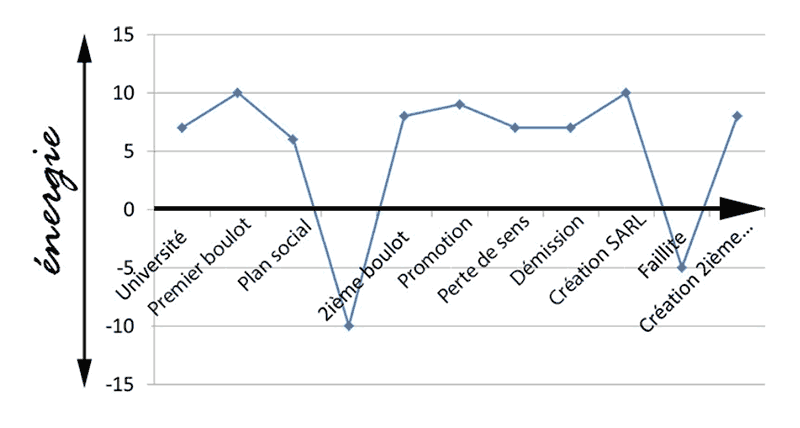Games that stimulate children’s senses are a learning technique that allows them to develop different skills.

- Games are a vehicle for the development of children, especially sensory games.
- They allow children to develop skills and have multiple benefits on their behavior.
- It is very simple to make your own sensory games.
Games are an integral part of children’s development, especially those that appeal to the senses. This is explained by specialists from the Cleveland University Medical Center, located in the United States. The therapists demonstrate how games focused on the senses help the development of motor skills, language but also cognitive growth in the youngest. “THE game sensory participates make nerve connections in brain pathways, which can help your child complete complex tasks“, develop these specialists.
Sensory play: what skills do they develop?
These types of games help children communicate by describing what they do, feel or see. For these specialists, these activities clearly contribute to the development of language skills. “When a child participates in any type of play, including sensory play, he learns through experiences in his environment and learns different ways to communicate his emotions, wants and needs.“, explains Suzanne Messer. But these games can also promote his motor skills, “like tying your shoes, writing and zipping your coat”. For example, games of building, pouring or shuffling will force him to use small muscle groups and thus coordinate his movements.”Tactile play is a great way to approach and use a child’s fine motor skills in a fun way“, believes Leah Young. “Allowing your child to freely explore small sensory objects like dry pasta, dry cereal, rice or even playdough can strengthen and develop their fine motor skillsThese different activities also contribute to cognitive development because they encourage the youngest to think about how things work, to experiment and analyze the results.
Education, development: the many benefits of sensory games
For these two specialists, these fun activities also have a calming power on children. According to Suzanne Messer, they can help them regulate their arousal. “You can use it to stimulate a child who might be a bit lazyshe adds. On the other hand, sensory play can help a child who might have hyperactivity or difficulty concentrating.” But it also helps to encourage social interaction when these games are used in groups. In this way, children learn to communicate, solve problems and adapt to the way others play. “It’s very inclusive”raises Suzanne Messer.
Some ideas for sensory games for children
These two childhood specialists explain that it is relatively simple to make your own sensory games. A plastic tub filled with sand or torn pieces of paper, water, small cotton balls can be used for activities. They even recommend letting children play with the food. Crushing, touching, tasting: all this allows them to learn. Playing outside in the grass, or in the bath water and even listening to music are simple activities that can contribute to the child’s development. However, it is necessary to ensure that the objects do not present a risk, and to monitor them. Then just let go: “Let your child explore and get used to potentially unfamiliar texturesadvises Leah Young. Let your child experiment freely!“

















